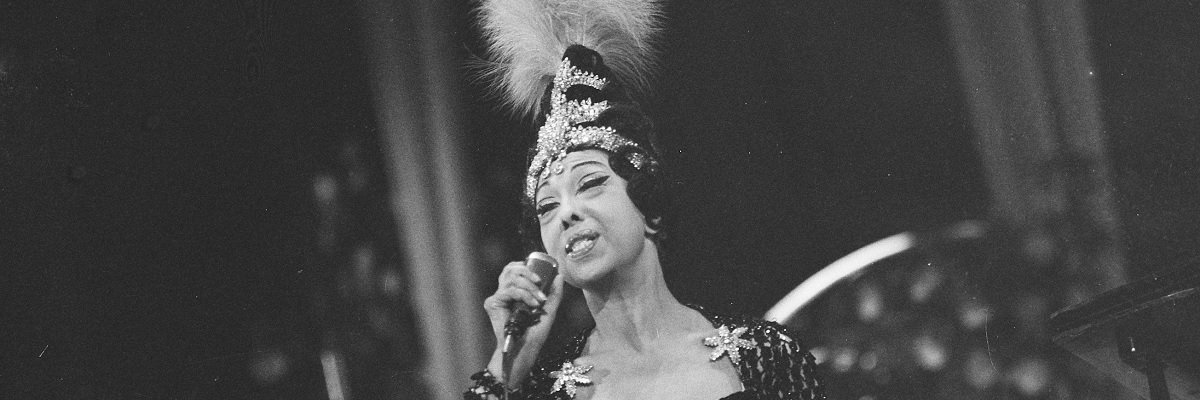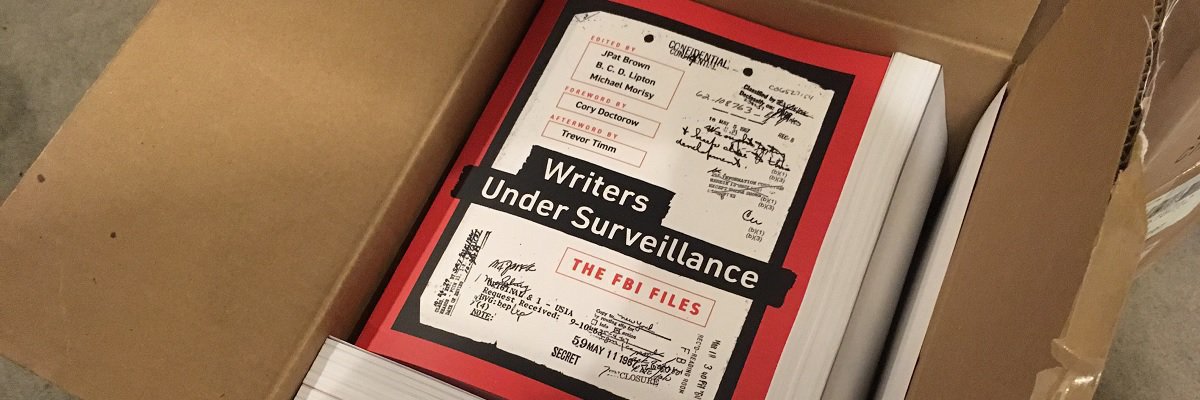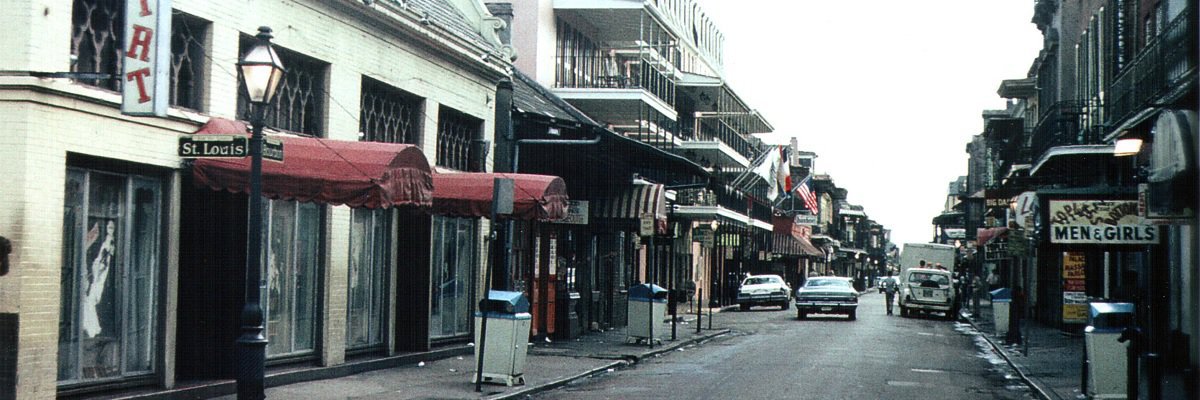Beginning in the early 1950s, the Federal Bureau of Investigation began keeping what would become an extensive file on the singer and civil rights activist Josephine Baker, tracking with great interest her comments in the international press critical of racial discrimination in the U.S.
Though the Bureau never formally opened an investigation into Baker itself, it fielded several requests from the Immigration and Naturalization Service to collect derogatory information that would help make the case for denying her a visa and barring her entry to the country.
In March of 1953, the Bureau received a copy of a dispatch from the American embassy in Havana, which detailed Baker’s recent trip to Cuba and how it had gone - to their noticeable satisfaction - not particularly well for her.
As the dispatch noted, the “Communist press” blamed her difficulties and cancellations on the influence of the embassy, a charge they denied. However, a State Department investigation included later in the file shows that there was, in fact, an orchestrated campaign against Baker, and, what’s more, an embassy employee was accused of trying to interfere with it.
While the identity of the figure behind the plot against Baker remains redacted in the file, the context makes it clear it’s referring to Clara Park Pessino, the editor and publisher of the Havana Post. When Pessino heard that Baker was planning a trip to Cuba, Pessino started a campaign to bar her entry; Baker’s previous visit had generated “adverse publicity” after she had been refused entry at a high-class hotel on the basis of her race, and Pessino was not keen on a repeat.
While Pessino was relieved by early reports that Baker had cancelled the trip, a few days later, at an embassy cocktail party, she was confronted by a State Department employee who informed her that not only was Baker coming, but she had a room at one such high-class hotel - heavily implied to be the result of the employee’s influence.
A “somewhat heated argument” about race ensued …
after which Pessino set about trying to sabotage Baker’s trip as much as she able, using her connections to cancel Baker’s singing engagements and hotel reservations. However, she objected to reports that she had “raised hell” at the embassy - this was all her own doing, thank you very much.
Pessino also reported the employee for allegedly booking Baker’s room, prompting the investigation. That proved ultimately inconclusive, as Baker rented out a house elsewhere, and no one at the hotel was quite sure if Baker ever had a reservation …
though it’s worth noting that Baker had her mail forwarded there, so it’s possible that Baker simply backed out to avoid trouble for the employee.
In closing out her interview, Pessino made it clear that she would do it all over again if she could and that she would oppose Baker and her dangerous ideas of racial equality until her dying day.
The arc of the moral universe is long, but it bends toward comeuppance; within a few years, Pessino would be forced out of the country by the Cuban revolution, and in 1966 Baker would be invited back to the country - by Fidel Castro himself - and deliver a record-breaking performance at the Teatro Musical de La Habana.
Read the full segment is embedded below or on the request page.
Image via Wikimedia Commons





